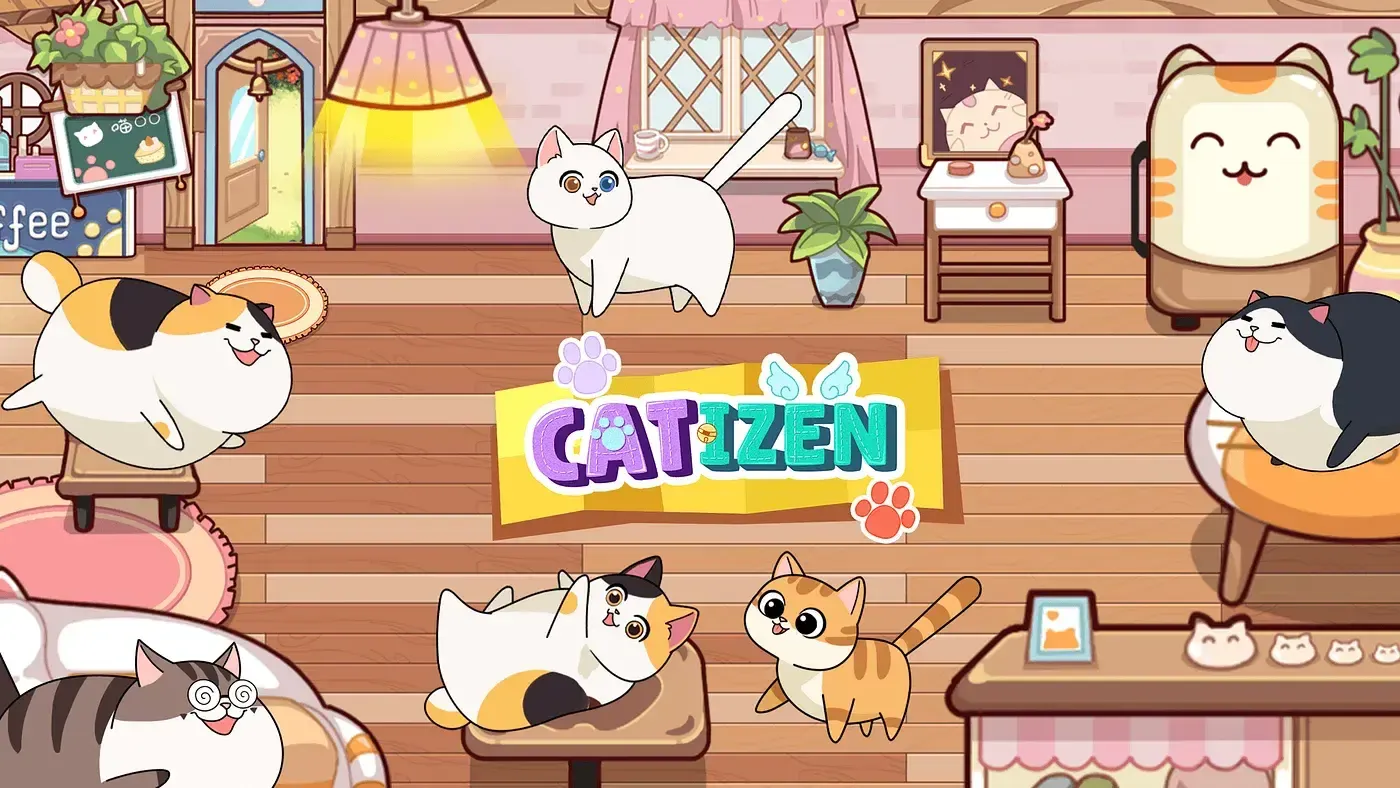'Catizen' Telegram Game Airdrop: Everything You Need to Know

Telegram game Catizen is launching its CATI token on TON this week. Here are details on the airdrop—and why some players are upset.
Catizen is the latest in a long line of Telegram crypto games taking the world by storm as it dangles a future airdrop in front of players.
While not quite as massive as Hamster Kombat Catizen has still captured the attention of over 35 million players with the promise of a token airdrop. Now we are within touching distance of that moment, as September 20 marks the day that players will get their purr-fect slice of the pie… or at least that’s what they’d hoped.
Players have been up in arms lately as airdrop allocations were disclosed last weekend, and many users have expressed this displeasure with how many tokens they’ll be receiving. It’s not just about the size of the allocation, either, but also late criteria changes that weren’t disclosed until after community pushback.
We’ve been following the ups and downs of Catizen over the past few months at Decrypt’s GG, and we know all the details you need to know surrounding what the token is, how many tokens players will be receiving, and why players are so upset.
The swipe-to-earn feline Telegram game announced that it will be launching a token with the ticker CATI on The Open Network (TON), the Telegram-aligned blockchain network.
This is the same network used by other popular Telegram games such as Notcoin, Hamster Kombat, and Rocky Rabbit. Most notably, Notcoin took the top spot as the largest crypto gaming token launch of the year as NOT peaked just shy of a $3 billion market cap.
CATI will have a total supply of 1 billion tokens, and this figure will “never” be increased, according to the Catizen white paper. A total of 43% of the total supply will be allocated to token airdrops and community incentives, but 9% of the total supply is going towards a Binance staking rewards campaign.
Ultimately, 15% of the tokens will be handed out during the initial airdrop, with another 19% reserved for quarterly reward campaigns. Other chunks of the token supply will be used for liquidity as well as and token unlocks for the team, investors, and advisors.
Catizen’s CATI token is set to officially launch on September 20 and will be listed on numerous crypto exchanges, including Binance, Bybit, and Bitget.
Pluto Studio, the developer of Catizen, began the airdrop process on September 14 as it revealed token allocations to players. Users were then able to transfer these allocations to selected centralized exchanges ahead of the September 20 token generation event (TGE), which is when they’ll actually be able to trade the token.
Players may also opt to stake CATI to earn extra rewards, rather than withdraw them. Staking was available as soon as the token allocation was revealed and will run through until September 24, with a maximum of 1,000 CATI available to be earned by each user.
On September 14, the amount of tokens players that will receive in the airdrop was revealed within the game. This figure is currently viewable within the Catizen mini app on Telegram.
After opening Catizen, click on “airdrop” and you will see the game turn the metrics of your in-game progress into a round number representing on-chain tokens. Once finished, you can tap “Get my airdrop now” and your share of CATI tokens will be revealed.
The criteria that dictates your total allocation includes the profit speed per second of vKitty (in-game currency), fish coin activity, amount of tasks that you’ve completed, and more. It also includes an “anti-sybil” stage which apparently removes anyone who cheated during play.
But many players aren’t very happy about their allocations.
In short, some players are angry that their share of tokens is smaller than expected. And they’re citing multiple reasons for their frustration, including unclear communication and late changes to allocation criteria that weren’t disclosed ahead of time.
One issue is the aforementioned breakdown of the 43% of the token supply. Pluto Studio hadn’t previously said that it would split the rewards across multiple drops, or that the tally would include tokens given to Binance customers for staking other tokens.
Some players are also upset that Pluto had changed the way that airdrop criteria is weighed. The studio later explained this pivot was made after discovering that some players had been artificially boosting their earnings to boost their bags. Rather than just punishing the cheaters, Catizen’s team shifted the criteria to benefit players who spent money in the game.
With this, the community were up in arms as the hashtag “#catizenscam” began trending across Twitter as players complained of single-digit CATI allocations, despite claiming to have been grinding at the game for months.
Pluto did not reply to Decrypt’s requests for comment.
Edited by Andrew Hayward
Related News
- Binance Denies Responsibility in WazirX Hack, Says It Never Acquired the Company
- FTX Auditor Prager Metis Settles SEC Charges Over 'Negligence'
- Trump and Harris Ethereum Tokens Will Power Wintermute Election Prediction Market
- ‘Hamster Kombat’ Telegram Game Sets Rewards Cutoff Ahead of Airdrop
- Bhutan Has Even More Bitcoin Than El Salvador Thanks to Its Mining Operation
- All Eyes on the Fed: What Rate Cuts Could Mean for Bitcoin
- MoviePass Continues Crypto Pivot With Sui Team-Up, USDC Integration
- Ripple Co-Founder Chris Larsen Leads $10 Million Round for DeFi Protocol Yellow Network
- Bitcoin Stacks L2 Brings Its sBTC to the Aptos Network
- Hester Peirce Slams SEC for 'Misguided and Overreaching' Cases in Flyfish Club NFT Dissent
© 2026 DeFi.io